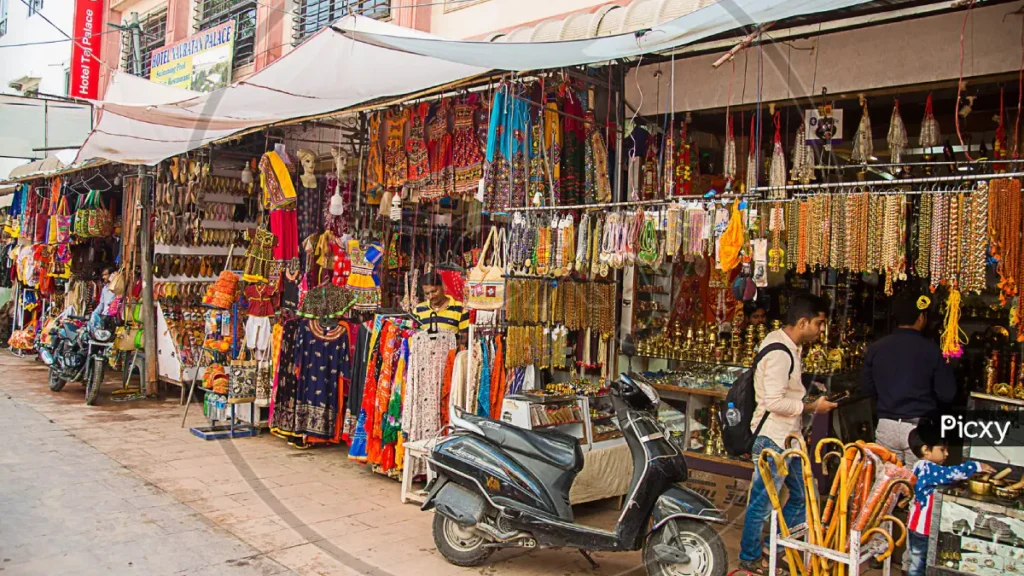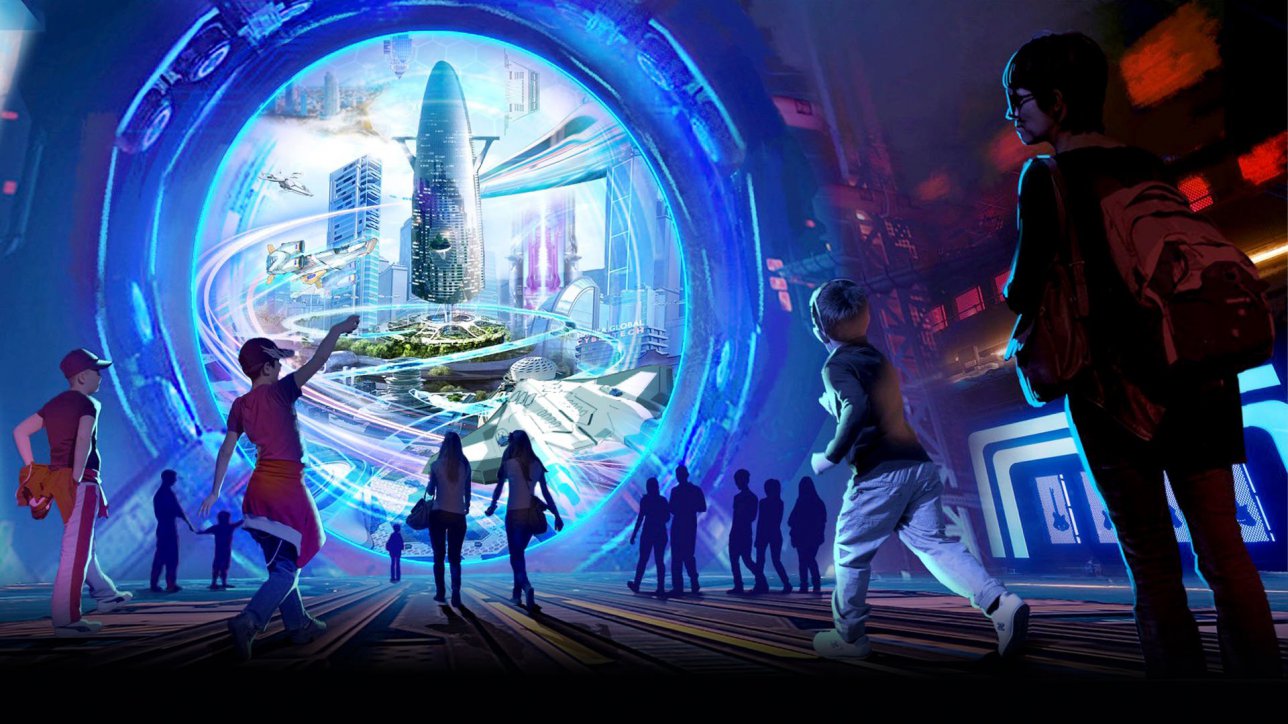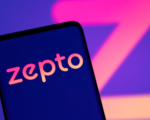Metaverse’s Industrial Use Case: Insights from Bharat Web3 Association Chairperson
The potential of the metaverse to reshape India’s retail ecosystem is gaining attention from industry experts. Dilip Chenoy, the chairperson of the Bharat Web3 Association, emphasized in a recent discussion with Gadgets360 that the metaverse’s hyper-realistic visuals could democratize India’s diverse bazaar culture and elevate its global standing.
Chenoy envisions AI-powered vendors engaging in digital negotiations while augmented reality (AR) enables consumers to virtually try on makeup, clothing, and accessories before making purchases. Leading brands like Reliance and Nykaa are spearheading this transformation by experimenting with AR/VR technologies to create virtual showrooms, he noted.
India’s retail sector is poised for significant transformation, often referred to as an “era of transformation.” According to projections by Wazir Advisors cited in recent reports, India’s value retail market, excluding food and grocery, is expected to reach $170 billion (approximately Rs. 14,09,495 crore) by 2026.
This growth trajectory signifies a substantial increase from the $111 billion (approximately Rs. 9,20,317 crore) valuation recorded in 2023. The integration of metaverse technologies into the retail landscape could play a pivotal role in driving this growth, offering consumers innovative and immersive shopping experiences while empowering retailers with new avenues for engagement and sales.

Chenoy has expressed confidence that ample availability of metaverse technology will contribute heavily to the growth of Indian bazaars and authentic crafts in nearing times. “Geographical barriers crumble, providing small businesses in India with the opportunity to reach global audiences. As India enthusiastically embraces this digital revolution, the future of shopping promises to be both exhilarating and transformative,” the chief of BWA added.
India stands out globally with one of the largest Web3 developer workforces, several players from the industry including Coinbase CEO Brian Armstrong have applauded in recent years. Earlier this year, Mark Zukerberg’s Meta also reached out to the telecom regulator of India seeking to ramp up dialogues and discussions around the ethical use-cases and development of technologies like AI and the metaverse. Under the circumstances, Chenoy says, all India needs is a regulatory clarification that finalises the dos and don’ts for members and stakeholders of the Web3 industry.
“The Reserve Bank of India (RBI) has taken a proactive stance by actively encouraging blockchain adoption in payment systems and guiding banks through its regulatory sandbox initiative. Despite the growing interest, regulatory uncertainty poses a hurdle for startups venturing into the space. Clear regulations and policies are imperative to instil confidence in companies exploring this transformative technology,” Chenoy noted. The BWA came into existence in November 2022. It comprises of representatives from India’s crypto and Web3 space who collectively collaborate with the government to foster the growth of the sector in India.

















